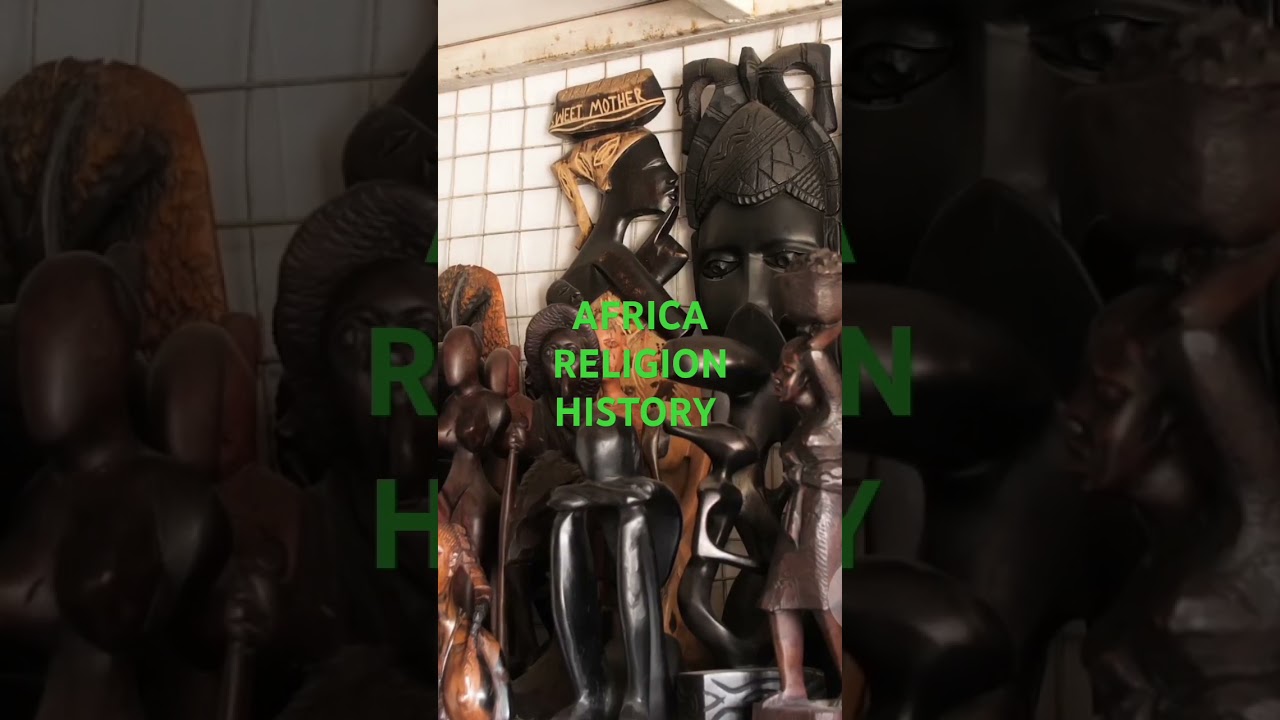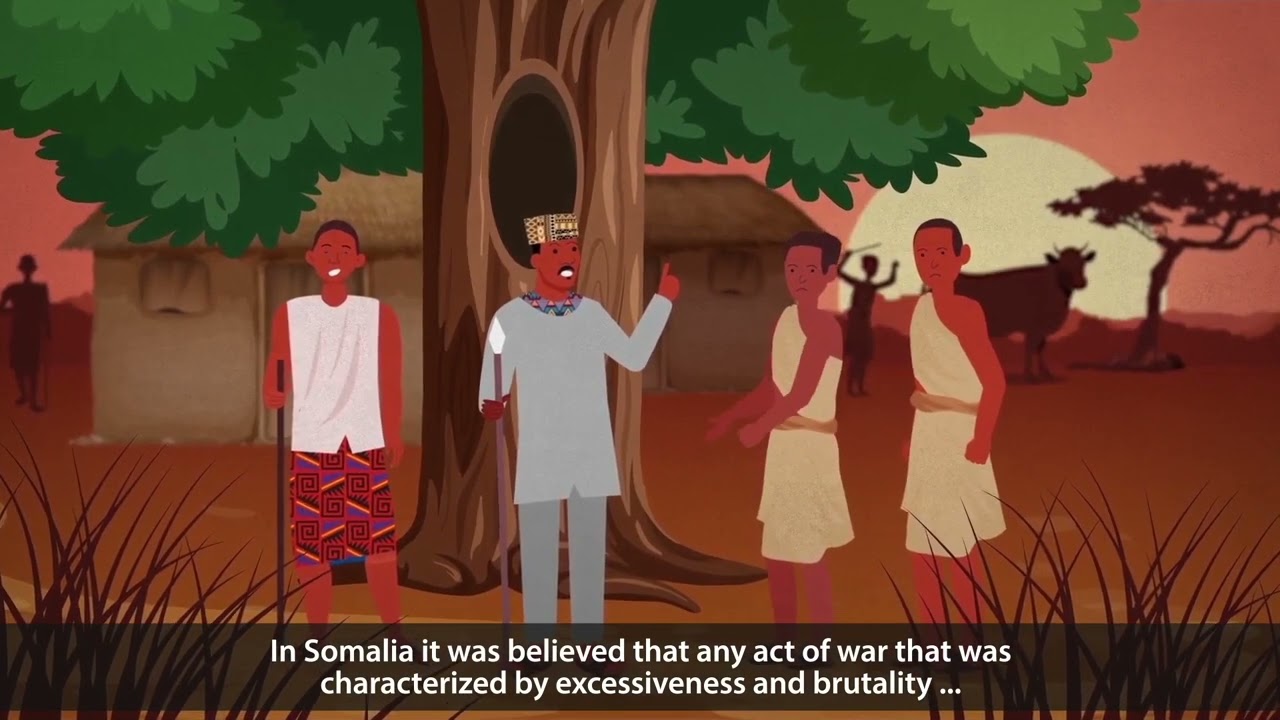The history of African religions is rich and diverse, reflecting the continent’s complex cultures, languages, and historical experiences. African traditional religions are the indigenous spiritual practices of African peoples, passed down through generations. These religions are characterized by their variety, but there are common themes and practices that many share. Here’s an overview of African religious history:
1. Ancient African Religions
Egyptian Religion: Ancient Egypt’s religion is one of the most well-documented early African religions, with a pantheon of gods such as Ra, Osiris, and Isis. The religious practices included rituals, temples, and a belief in the afterlife.
Nubian Religion: Nubia, south of Egypt, also had a rich religious tradition that influenced and was influenced by Egyptian practices.
2. Sub-Saharan African Religions
West African Religions: The Yoruba religion from present-day Nigeria and Benin includes deities known as Orishas and has a strong tradition of divination and ancestor worship. The Ashanti religion from Ghana centers around the worship of a supreme god and various lesser gods, spirits, and ancestors.
Central African Religions: In the Congo Basin, the Bakongo people practiced a religion focused on ancestor worship and the belief in a supreme god, Nzambi Mpungu.
East African Religions: The traditional religions of the East African region, including those of the Maasai and Kikuyu, emphasize the worship of a high god, as well as various spirits and ancestors.
3. Spread of Christianity and Islam
Islam: Islam spread to Africa in the 7th century through trade, conquest, and missionary activities. It first took root in North Africa and then spread to West Africa via trans-Saharan trade routes, influencing regions like Mali, Songhai, and the Hausa states.
Christianity: Christianity arrived in Africa in the 1st century in Egypt and Ethiopia. The Ethiopian Orthodox Church is one of the oldest Christian institutions in the world. During the colonial period, European missionaries expanded Christianity throughout sub-Saharan Africa.
4. Syncretism and Adaptation
African traditional religions often blended with Islam and Christianity, leading to syncretic practices. For example, in West Africa, many people practice a form of Islam that incorporates elements of traditional African beliefs. Similarly, Afro-Caribbean religions like Vodou, Santería, and Candomblé in the Americas blend African traditional religions with Christianity.
5. Modern Developments
Revitalization Movements: In the 20th and 21st centuries, there have been movements to revitalize and preserve African traditional religions, often as part of a broader cultural and national identity.
Diaspora: African religions have also been maintained and adapted by African diaspora communities around the world, particularly in the Americas.
Common Themes in African Traditional Religions
Belief in a Supreme God: Many African religions recognize a supreme deity who created the world but is often not directly involved in daily life.
Ancestor Worship: Ancestors play a significant role in many African religions, believed to influence the living and act as intermediaries with the divine.
Spirits and Deities: In addition to a supreme god, there are often numerous spirits and deities associated with natural forces, communities, and individuals.
Rituals and Ceremonies: Rituals, including dances, sacrifices, and offerings, are crucial for communicating with the spiritual world and maintaining harmony.
Divination and Medicine: Many African religions have complex systems of divination to understand the will of the gods and spirits and to guide decisions. Traditional healers, or shamans, use these systems alongside herbal medicine.
The history of African religions is a testament to the continent’s rich cultural heritage and the resilience of its spiritual traditions amidst significant historical changes.
source












